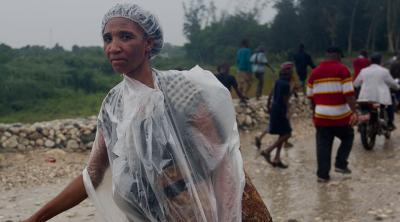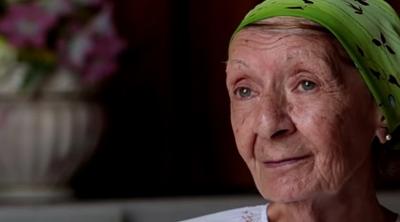CRS in Cuba
Cuba has experienced a surge of COVID-19 cases since June and is now recording 6,400 cases a day. This increase comes amid a deteriorating economy and shortage of life-saving supplies and medicine. Health facilities and pharmacies are stretched to the limit and extremely vulnerable families are struggling to meet their most basic life needs.
CRS has stood by Caritas Cuba in emergency situations, strengthening its capacity to respond. With the help of CRS, Caritas Cuba has promoted programs to improve the wellbeing of vulnerable groups such as senior citizens; people with disabilities and their families; children, adolescents and youth and their families; and people living with HIV/AIDS. In addition, small training and cultural projects are carried out in three dioceses. All projects are supported by awareness-building and participatory approaches that bring together different actors to build an inclusive society for all Cubans without distinction.
Stats
People served: 174,565
Population: 11,147,407
Size: 42,803 sq. mi.; slightly smaller than Pennsylvania
Our Partners
Become a Partner ›CRS' History in Cuba
CRS works with Caritas Cubana. Since its creation in 1991, Caritas Cubana and its diocesan members have become the largest, independent nongovernmental organization on the island, with more than 40 staff and a network of some 12,000 volunteers. While not enjoying official legal recognition, Caritas continues to be accepted by the Cuban government. There are Caritas programs in all 11 dioceses as well as at the national level in Havana.
Delivering more than $32 million in medical and emergency supplies for distribution to hospitals, homes for the elderly and victims of natural disasters since 1993, Catholic Relief Services has been one of Caritas Cuba's main supporters.
The Cuban Church has prioritized “reconciliation” as a key aspect of its overall pastoral plan with one component of this focusing on the relationship between the Cuban Church and the Cuban/American community. CRS, in coordination with the United States Conference of Catholic Bishops (USCCB), collaborates on these initiatives.
CRS supports an institutional strengthening program aimed at improving the capacity of Caritas Cubana to continue and expand its humanitarian work on a national level and respond to the widespread needs of the most vulnerable. The program is designed to strengthen the formation of the Caritas staff and promote the active participation of 12,000 Caritas volunteers through training in the Social Doctrine of the Church, emergency preparation and response, and caring for the chronically ill.






